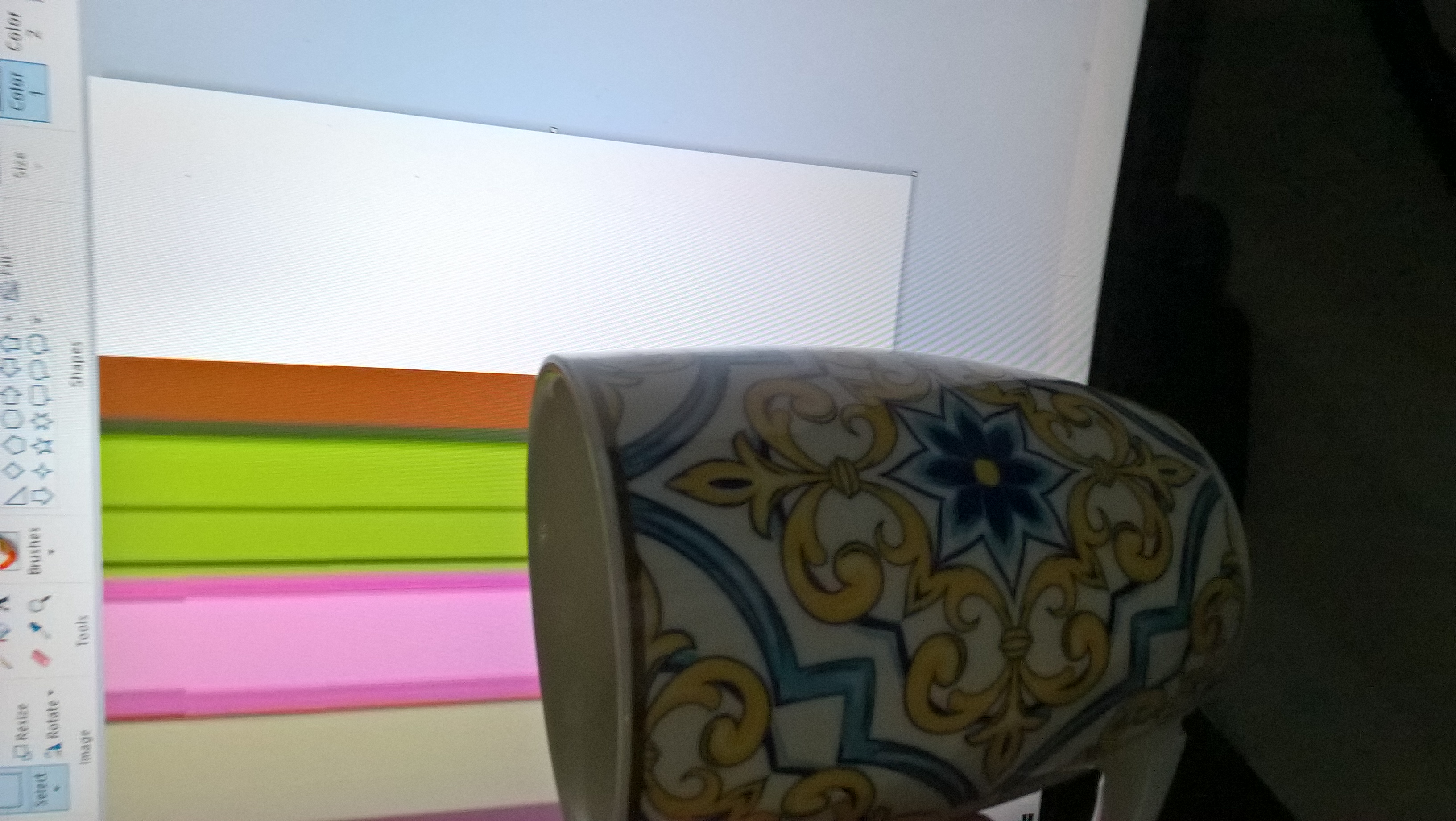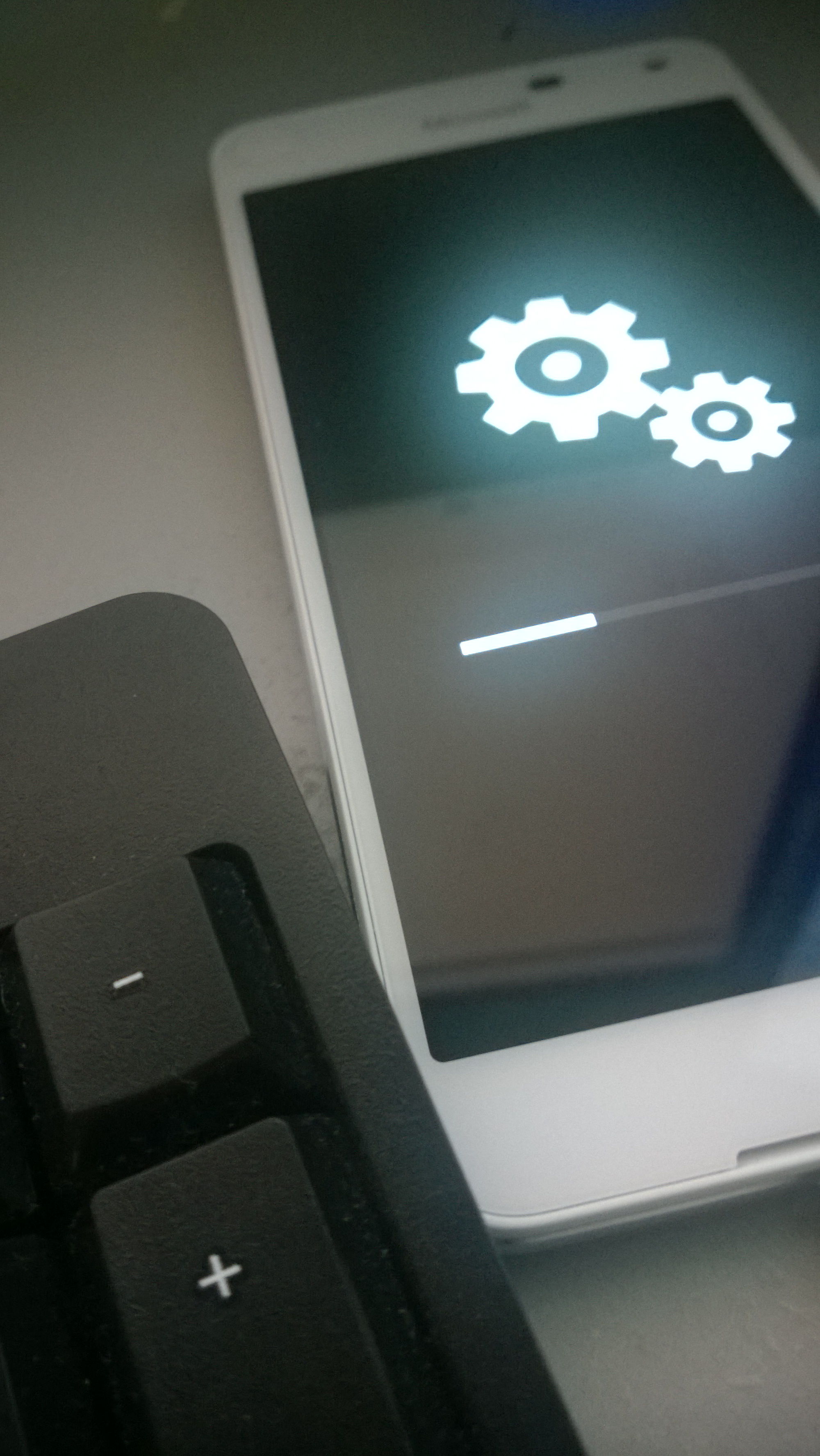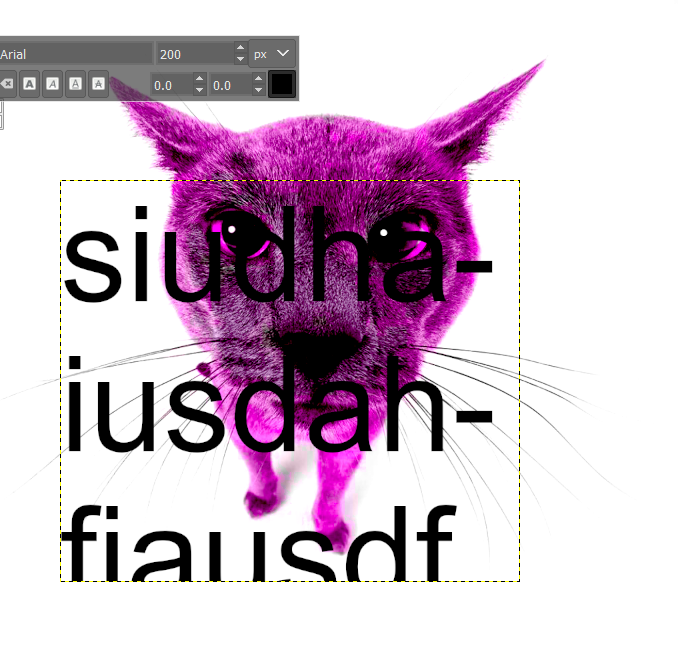,,,cant






+ composite images dm 4 sale 4 covers i never make them i will nevre make money :)

𝖎 𝖈𝖆𝖓𝖙 𝖇𝖊𝖑𝖎𝖊𝖛𝖊 𝖎 𝖆𝖒 𝖉𝖔𝖎𝖓𝖌 𝖙𝖍𝖎𝖘 ^-^ 𝖑𝖔𝖑 𝖍𝖆𝖍𝖆𝖍𝖍𝖆𝖍𝖆𝖍𝖆𝖍𝖍𝖆𝖍𝖉𝖋𝖍 ♨♡ ʸⓞ 乃𝕌Ⓣ เ𝓽𝕊 ỖkÃу ℂαυรe เ Ã𝐦 𝐝Ỗιnق Ň𝓸ŤĤ𝓘ᑎ𝕘 Ŵι𝔱Ħ 𝐌𝐘 Ĺᶤ𝓕ᗴ ⓡ𝓘Ⓖ卄T nⓞ𝔴 b𝕌𝕥 ᔕㄥ𝑒έƤⒾŇⓖ 𝓪ภ𝔻 ⓦΔ𝓴𝔦𝓝𝓰 𝓤P 𝒶ᶰD ⓓσ𝕀ή𝐆 wⒽαⓉ 𝓘 卂ⓜ T𝑜L∂ ⓣ𝐨 ∂𝕠 ⓕ𝔬尺 т𝐡Ɨ𝐬 😈🐨
Physical health
Philosophy
Causes and effects
In the workplace
In popular culture
Toggle In popular culture subsection
Superfluous man
Existentialist fiction
Grunge lit
See also
Further reading
References
External links
Boredom
Article
Talk
Read
View source
View history
Tools
Page semi-protected
From Wikipedia, the free encyclopedia
"Tedium", "Bored", and "Ennui" redirect here. For the 2008 film, see Khastegi. For other uses, see Bored (disambiguation), Ennui (disambiguation), and Boredom (disambiguation).
A souvenir seller appears bored as she waits for customers.
Part of a series on
Emotions
AffectClassificationIn animalsEmotional intelligenceMood
Regulation InterpersonalDysregulation
Valence
Emotions
vte
In conventional usage, boredom, ennui, or tedium is an emotion characterized by uninterest in one's surrounding, often caused by a lack of distractions or occupations. Although, "There is no universally accepted definition of boredom. But whatever it is, researchers argue, it is not simply another name for depression or apathy. It seems to be a specific mental state that people find unpleasant—a lack of stimulation that leaves them craving relief, with a host of behavioral, medical and social consequences."[1] According to BBC News, boredom "...can be a dangerous and disruptive state of mind that damages your health"; yet research "...suggest[s] that without boredom we couldn't achieve our creative feats."[2]
In Experience Without Qualities: Boredom and Modernity, Elizabeth Goodstein traces the modern discourse on boredom through literary, philosophical, and sociological texts to find that as "a discursively articulated phenomenon...boredom is at once objective and subjective, emotion and intellectualization—not just a response to the modern world, but also a historically constituted strategy for coping with its discontents."[3] In both conceptions, boredom has to do fundamentally with an experience of time—such as experiencing the slowness of time—and problems of meaning.[4]
Etymology and terminology
The expression to be a bore had been used in print in the sense of "to be tiresome or dull" since 1768 at the latest.[5] The expression "boredom" means "state of being bored," 1852, from bore (v.1) + -dom. It also has been employed in a sense "bores as a class" (1883) and "practice of being a bore" (1864, a sense properly belonging to boreism, 1833).[6] The word "bore" as a noun meaning a "thing which causes ennui or annoyance" is attested to since 1778; "of persons by 1812". The noun "bore" comes from the verb "bor
